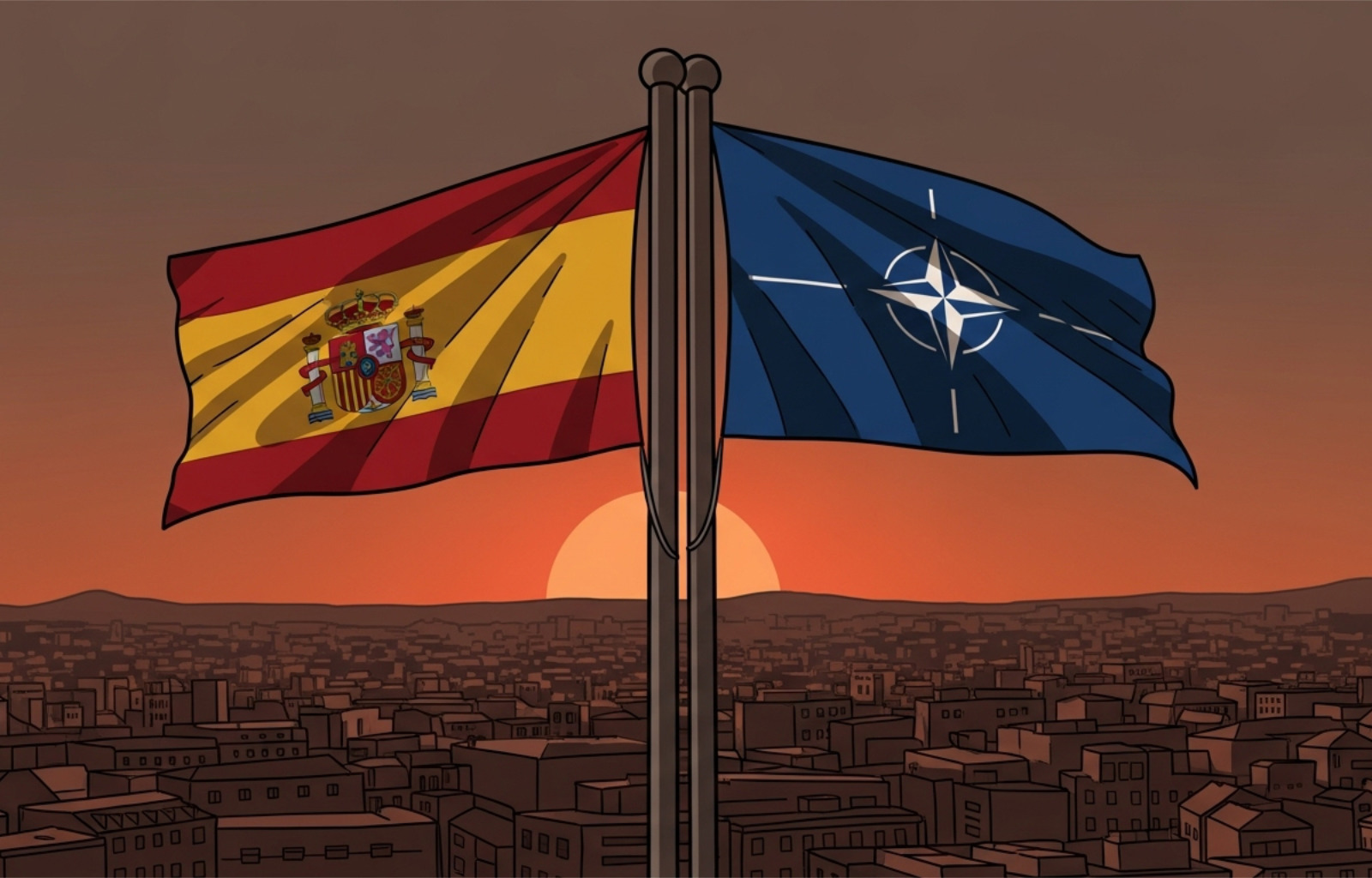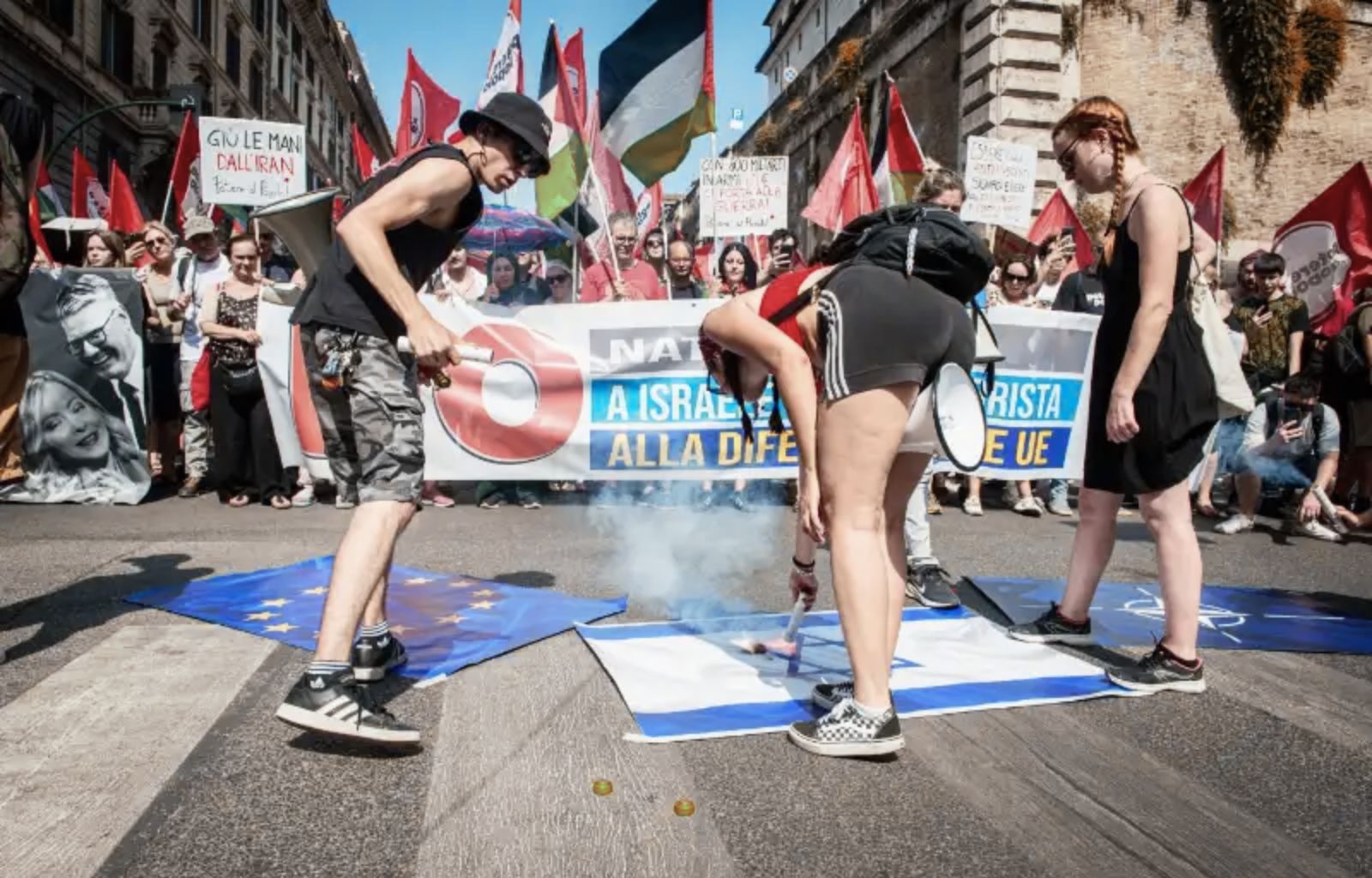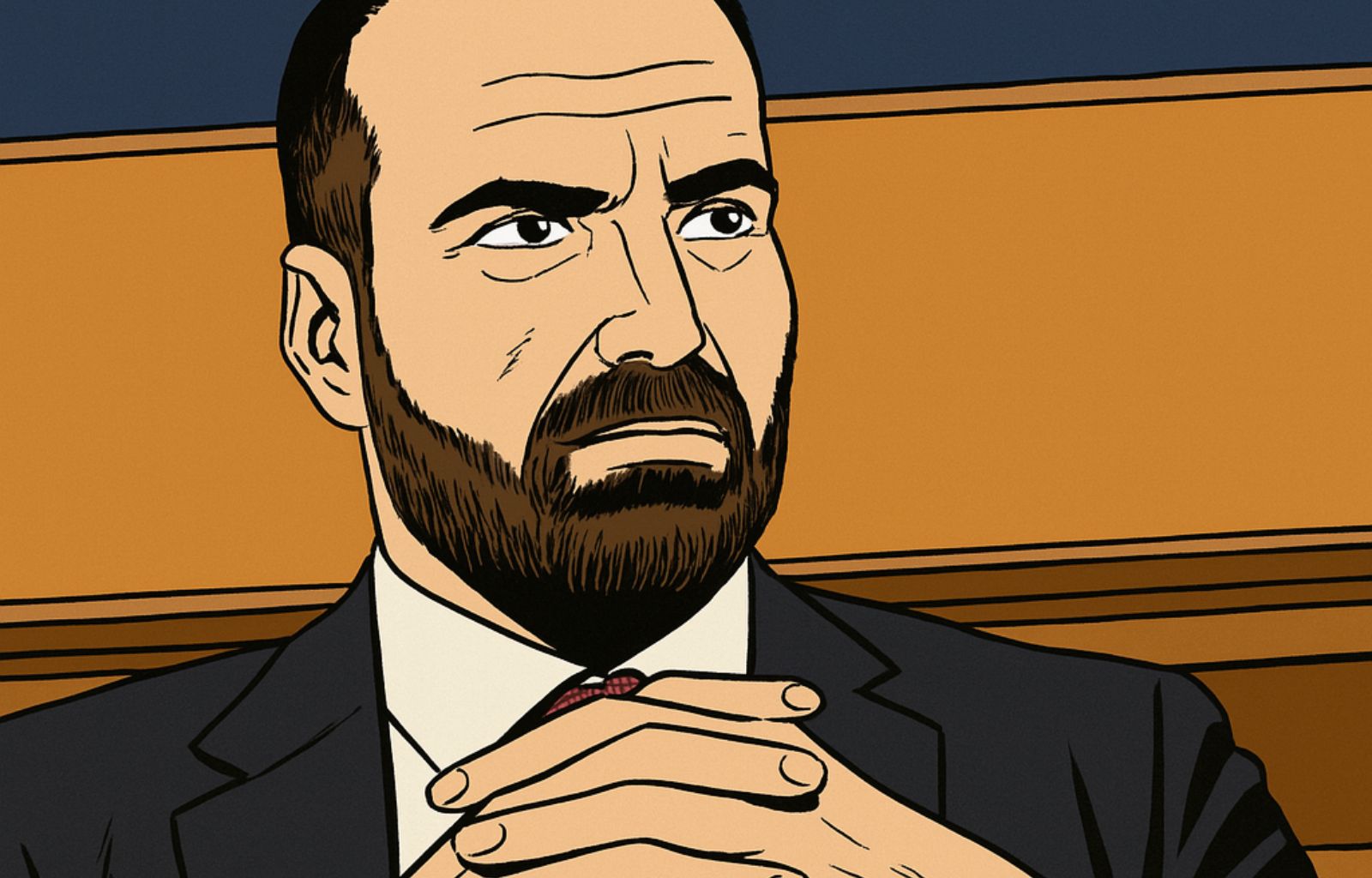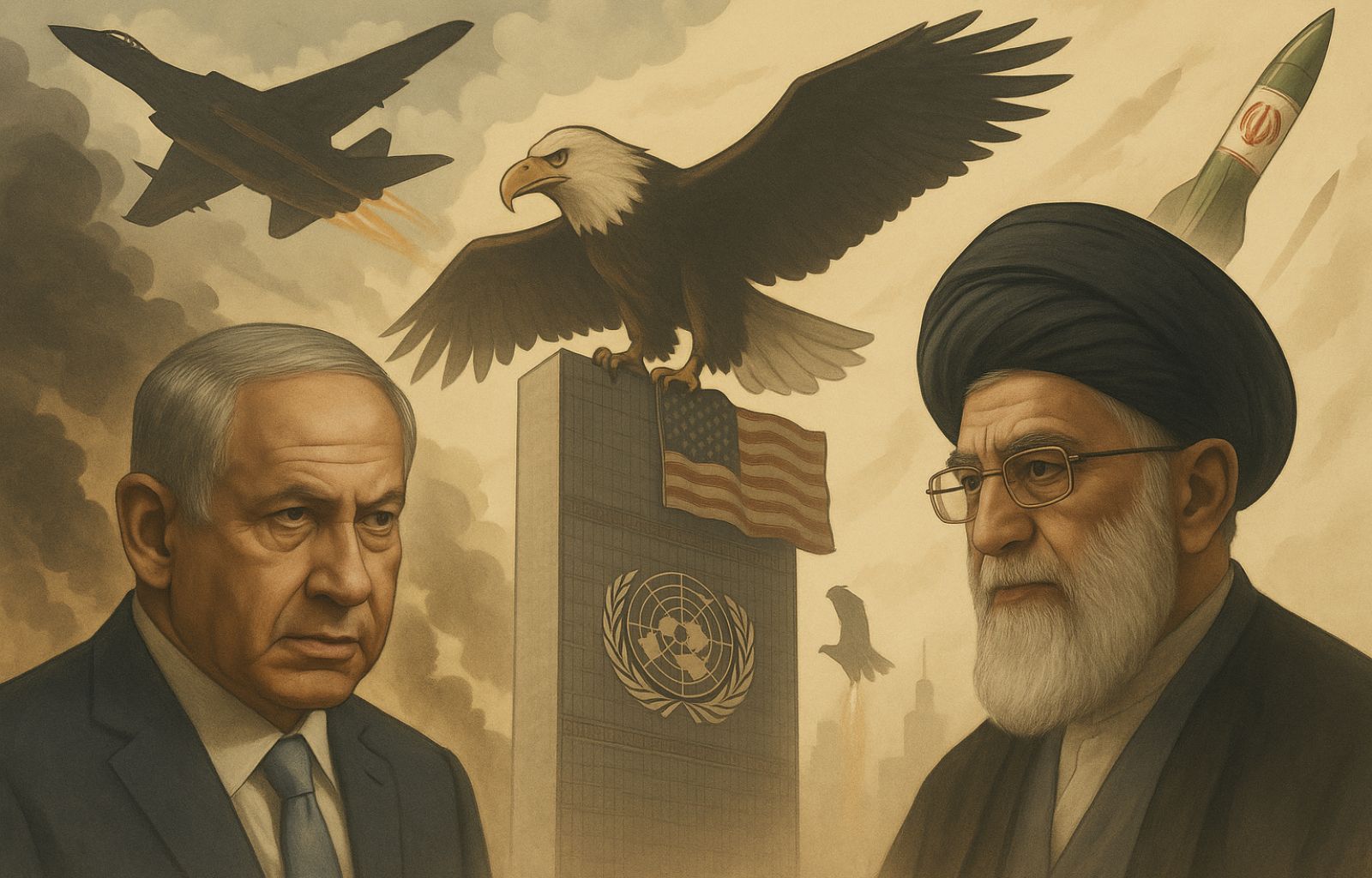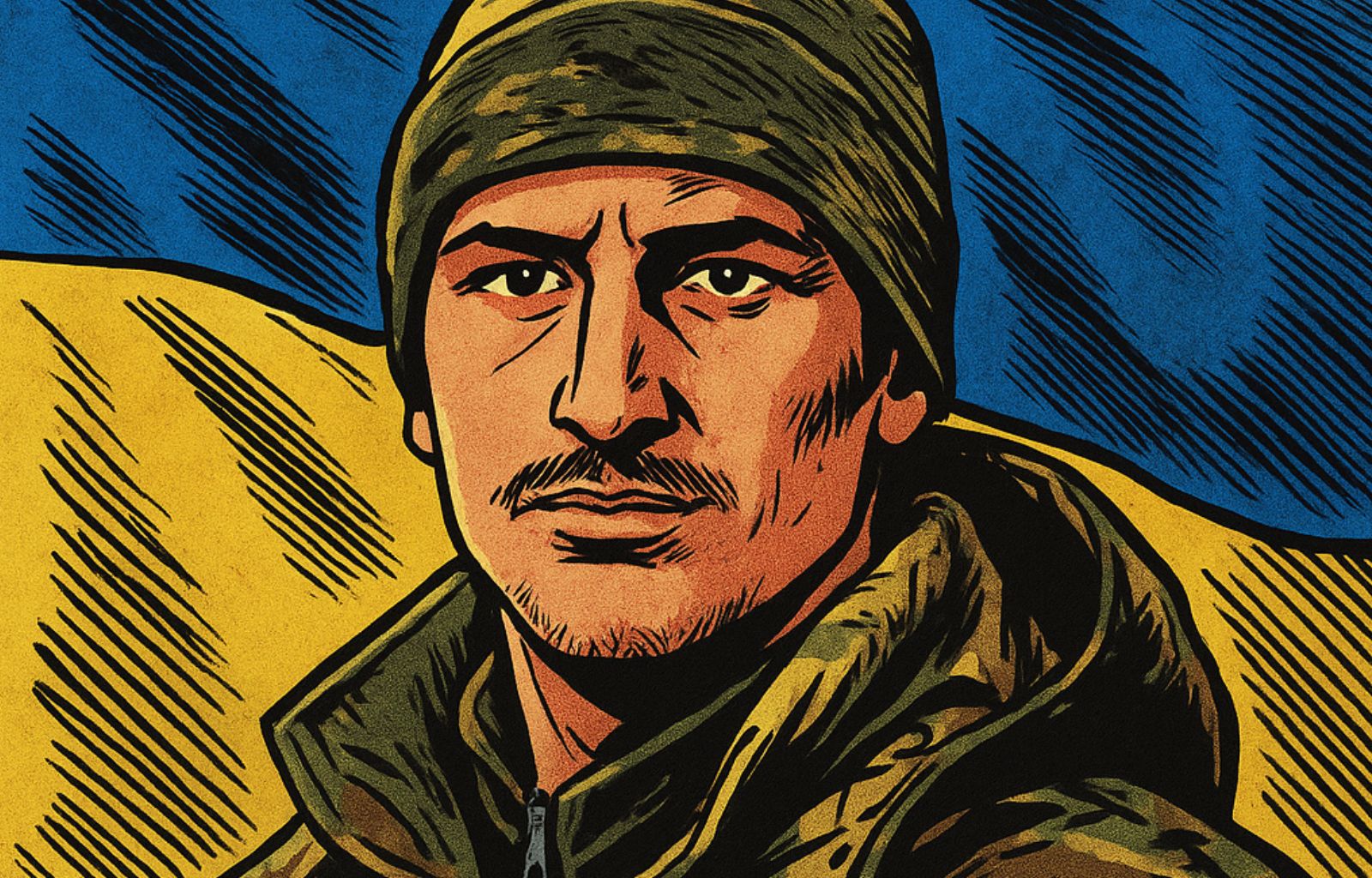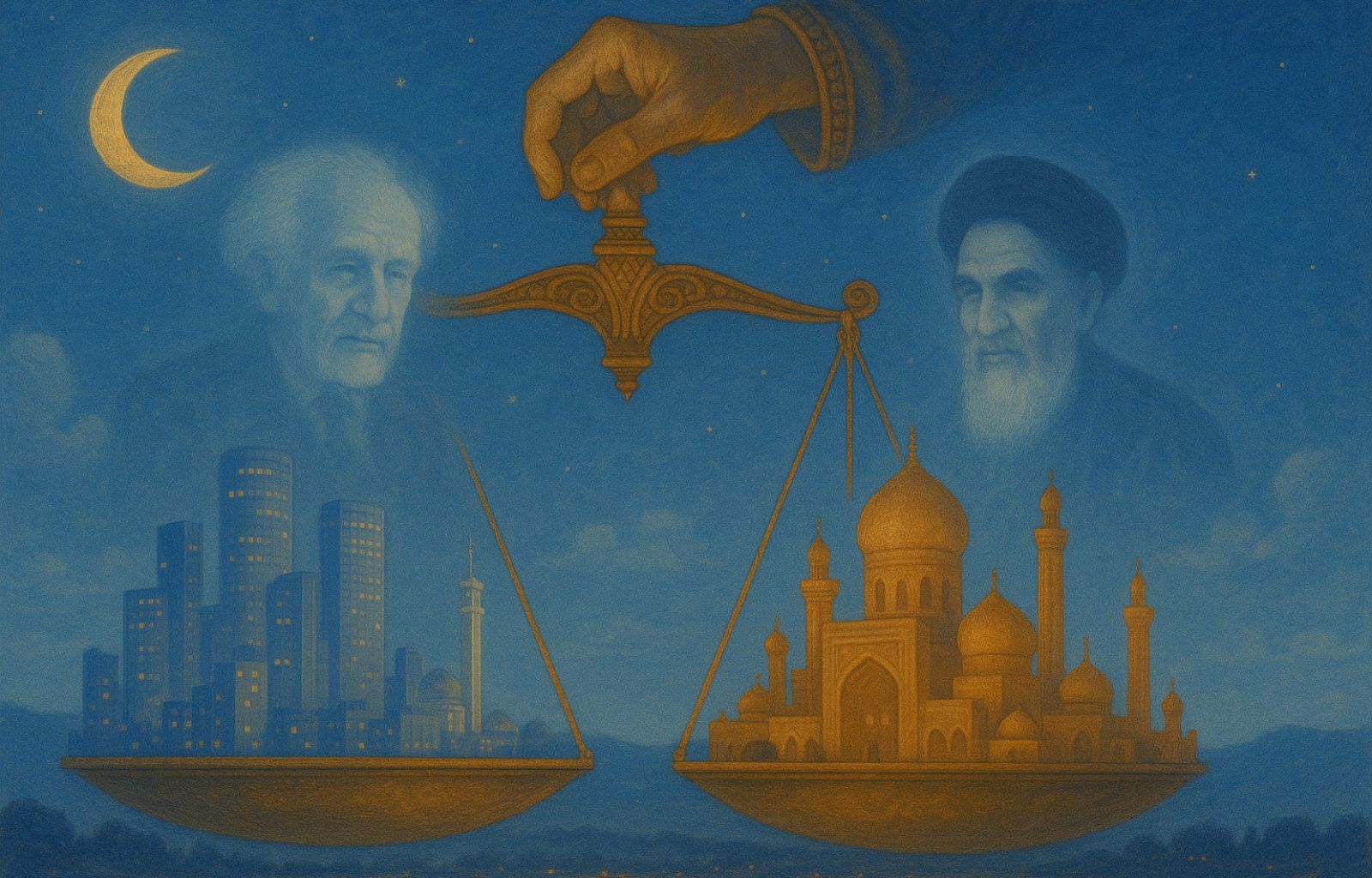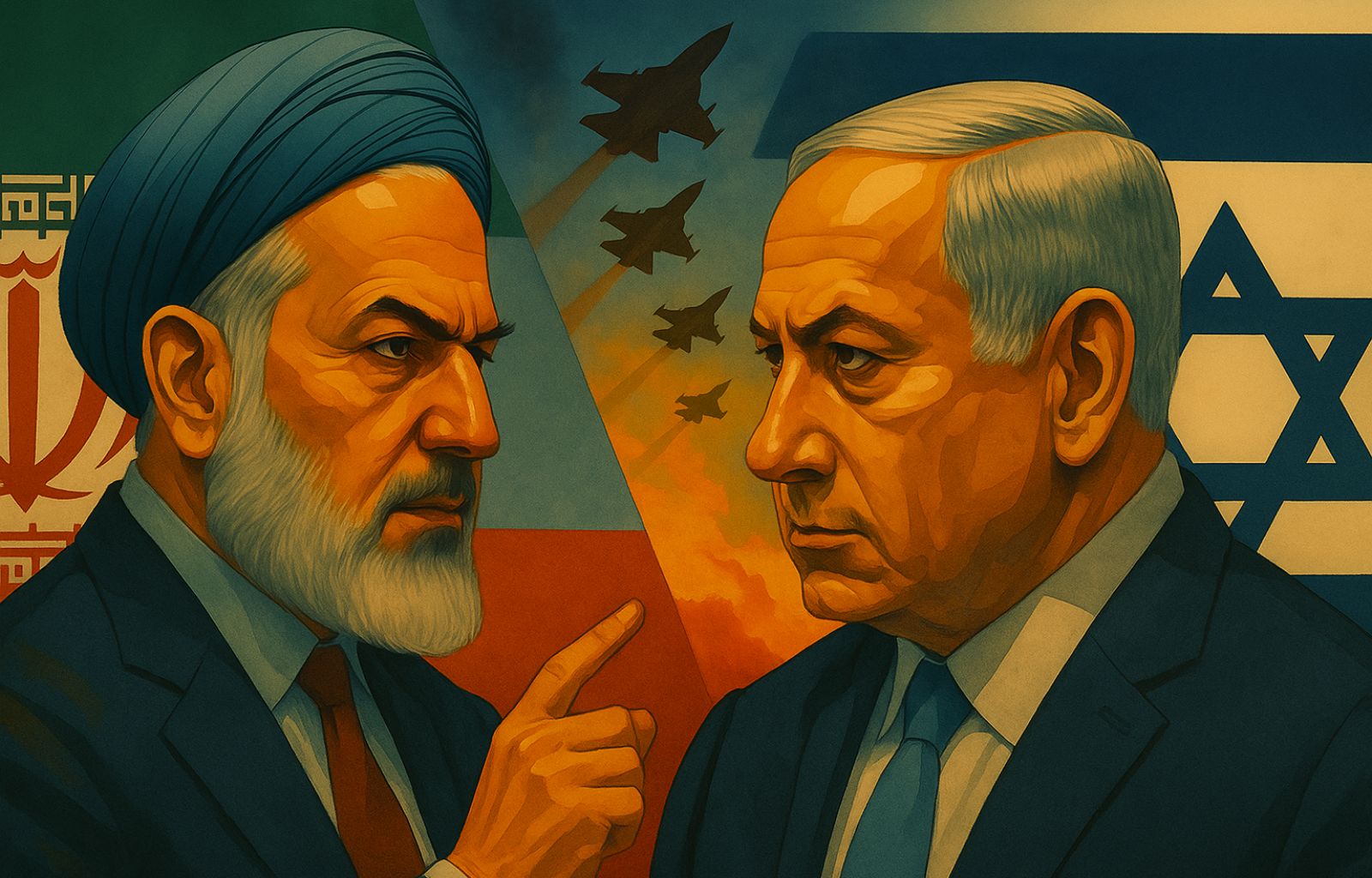A clear message from the conclave: it is still time for multilateralism
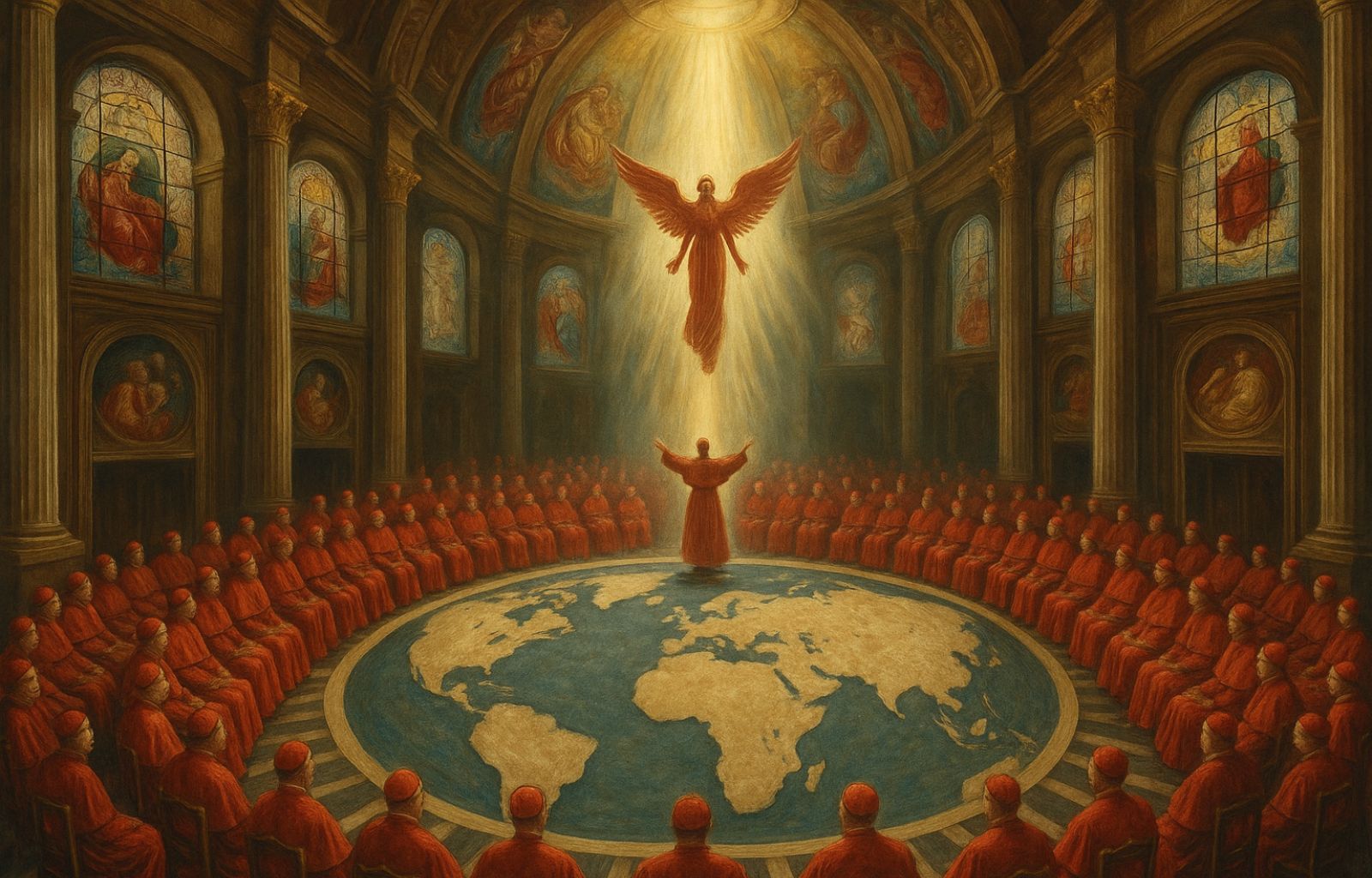
At a time when diplomacy is faltering, the Church reminds (and demonstrates) the international community that a compromise that is not downward is still possible.
May 2025. It took less time for the conclave to elect a Pope than for the UN Security Council to agree on an agenda. Twenty-four hours after voting began, with white smoke coming in on the second day, the Catholic Church announced the name of the 267th Pontiff: Leo XIV.
An American with a long experience in Peru, the new Pope greeted the world in Italian and Spanish (the second most spoken mother tongue after Chinese). A choice not taken for granted, at a time when the language of Madrid has been removed from US institutional sites by the choice of the other important American: President Trump. He spoke to his former diocese, therefore, but also to a constantly evolving international community.
A compromise within a short timeframe
We do not know what happened behind the doors of the Sistine Chapel. If there were vetoes, blockades, opposition. But it is certain that in a few hours the 133 cardinals, or at least 89 of them, found a synthesis. Not an anonymous mediation, but a recognisable choice.
In times when every multilateral assembly struggles to make shared decisions, the method by which the Pope was elected is already a political fact. The Church is not a world without fractures. The differences between the cardinals, in terms of origin, culture and sensitivity, are no less profound than those that divide countries at the G20 or in the UN Security Council. Yet the mechanism worked, achieving the common goal of the, more than special, meeting.
A lesson for international politics, in which, by now, the logic of blocs often prevails over the search for convergence.
A name that speaks of peace and justice
Leo, like the Magnus who dealt with Attila. Leo, like the 13th of Rerum Novarum, the encyclical that put work and the dignity of the weakest at the centre. The choice of name always says a lot about the new Pope’s intentions: in this case, it seems, it is about pursuing peace, listening to those who work, restoring dignity to those who have no voice in a world divided by diversity and increasingly rich in inequalities.
In his first greeting he did not speak of geopolitics, but used a key word: peace. A strong reminder, in times when war is once again perceived as normal, if not inevitable. His predecessor, Francis, spoke of a ‘third world war in pieces’. Leo XIV inherits its weight. But he does so from a different point of view: not the European or ‘Western’ one, but that of one who has experienced global marginality at close quarters despite being a citizen of a superpower and having lived at the centre of the Church of Rome.
The Pope of the Frontier
American, but not of power. Spiritually formed in an order – the Augustinian order – that has interiority, community and charity as its pillars. Leo XIV travelled through the global South as a missionary, not as an official. He knows urban poverty, migratory flows, social tensions. He is a Pope who belongs neither to the South nor to the North, but has experienced both.
This makes him a figure of passage, perhaps of connection, between the elites and the peripheries, between those who have much and those who have to build with little, in often hostile conditions; pontifex, indeed.
In a multipolar time, in which every crisis risks hardening into a blockade, the new Bishop of Rome offers another model: not imposed unity, but dialogue between different people.
Multilateralism, still possible
After the Second World War, multilateral institutions allowed divergent interests to coexist. They did not erase conflicts, but they contained them by preventing a recurrence of global confrontation. Today, that model is clearly in crisis. The UN is paralysed, the World Trade Organisation ignored and the World Health Organisation mocked, and regional cooperation jammed.
The election of Leo XIV is not a solution to these problems, but a reminder. Differences do not prevent agreement, if it is recognised that the goal is shared. And the great international treaties of the second half of the 20th century, the century of wars, have demonstrated this. The Church, with all its complexities, has shown that it is still possible to decide together even in the presence of different visions.
What is needed is neither uniformity nor unanimity. What is needed is willpower or, as someone in the Vatican would say, the Holy Spirit. In its absence, at least a little goodwill would suffice.

